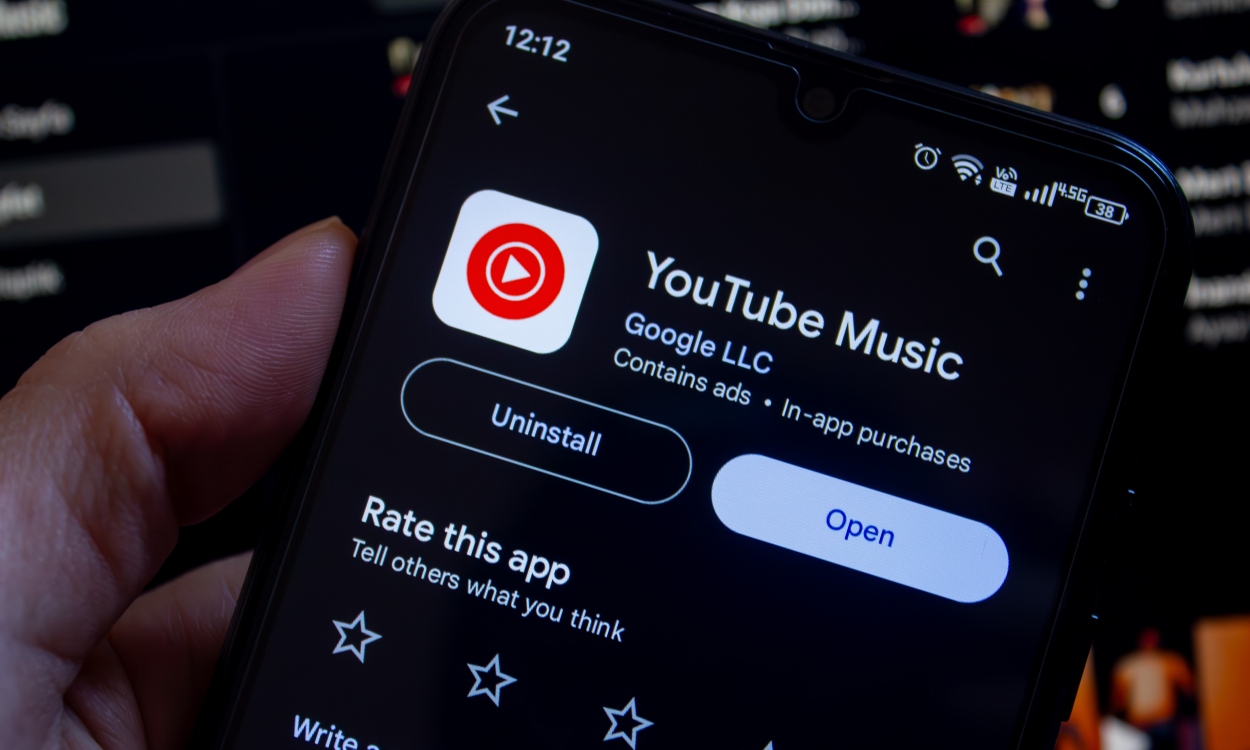There’s no denying that Spotify is the go-to choice for music streaming platforms. However, YouTube Music has emerged as a great alternative to Spotify, not because it comes included with YouTube Premium but because its algorithm is genuinely good at picking music you might actually like. That said, YouTube Music still lags in raw features such as Spotify Connect, and Spotify Jam, but the feature I miss the most after switching from Spotify is Lyrics Translation. Here’s why YouTube Music should copy it.
Spotify’s Lyrics Has a Major Advantage
Spotify users can view the lyrics of a song by tapping on the lyrics card, and it has some cool features. One of them allows you to translate lyrics from one language to another. As someone trying to learn Japanese and listening to a lot of Japanese Rock and Pop music, lyrics translation is an extremely useful Spotify feature, and I’d love to see YouTube Music copy it.
Now, Spotify doesn’t maintain its database of lyrics but instead sources them from another lyrics giant that you may have previously heard of, Musixmatch. The platform has an API that serves feature endpoints such as Lyrics display, synced lyrics, Translations, and even AI summarization, making it one of the most comprehensive lyrics platforms.
Musixmatch’s Translation API endpoint, as per their website, can translate to over 250 languages, but while using Spotify, I could only translate Japanese and Korean. Spotify started testing the translation feature back in 2023. It hasn’t rolled out widely but in a few select countries and languages.
How Lyrics Work on YouTube Music?
Like Spotify, Google doesn’t have a repository of song lyrics. For as long as I can remember, Google used Musixmatch on YouTube Music and search results; probably due to higher API fees. However, the giant silently switched to another lyrics provider, also used by Pandora and Deezer, called LyricFind. Weirdly, Musixmatch still lists Google as its client and Google Search and YouTube Music on its website.
Like Musixmatch, LyricFind can deliver raw, synced lyrics, and translations, and that’s about it. It’s quite limited in translations, supporting only 8 languages — English, French, Spanish, German, Italian, Portuguese, Japanese, and Korean.
How Can YouTube Music Copy the Feature
Currently, Google uses both lyrics and synced lyrics endpoints in its search and YouTube Music, and they work well for the most part. Since the provider has the feature, Google could buy the translation API endpoint.
However, that would mean higher API fees and asking yourself if the feature is actually worth adding. With different types of music and artists expanding globally, I think it’s absolutely worth adding.
If not, the search giant already has excellent translation APIs in place which it can use instead. Of course, they won’t be as accurate as human-translated lyrics from Musixmatch or LyricFind as grammar rules differ between languages, but I guess as long as it allows us to understand the meaning behind the verses, it could be deemed as a decent feature.
I tried using Live Captions and its translation features on my Pixel 6. Google has specifically mentioned in settings that it won’t work with song lyrics, and I could see it was refraining from translating.
However, there were a few instances where it did translate before detecting it was music. That didn’t stop me from pulling up vocals-only versions of a hit song Yoru ni Kakeru by Yoasobi, and live captions worked perfectly. It shows that the feature could work if implemented.
Google could also try partnering with the likes of Genius or scrape the web as it does with Gemini for translations, but that would be sort of a gray area the giant would not be willing to step foot in.
Google could also try investing to expand its internal lyrical capabilities, which it could then use across its products. What are your thoughts on the Translation feature in Spotify? Do you think YouTube Music should have a similar feature? Let us know in the comments below.
Source link
